Being the Chancellor of the Exchequer is probably like winning the lottery, just without the enjoyable bits.
Sadly, I’ve never won the lottery but when I do (after I’ve shaken off the hangover) I imagine that old friends and acquaintances will surface to ask if they can have a few hundred quid.
This must be a daily occurrence for the Chancellor, only with bigger sums. “Can I have £7billion for transport infrastructure?” “I need £4billion for the NHS.” “Can you lend me £50billion for housebuilding?”. And so on.
Fielding those requests is no easy task. How nice it would be to say yes, yes, and yes. But the Chancellor’s job, more often than not, is to say no. Much like a parent in a toy shop being asked “dad, can I have this, can I have this…” albeit with fewer subsequent tantrums (you’d hope).
And so, in that spirit, I’ll throw my hat into the ring to encourage the Chancellor to increase funding for Universal Credit (UC). In doing so, Philip Hammond would put right a mistake made by his predecessor.
In 2010, the introduction of Universal Credit was a radical and much needed reform to a floundering welfare system. Iain Duncan Smith once described the welfare system as being a combination of a safety net and a trampoline – because it should catch people when they fall on hard times but (in his words), “it should also propel them back upwards”. At the end of the Labour government in 2010, the welfare system was doing the first part of that but failing miserably on the second.
Prior to 2010, the UK’s spending on welfare had increased year-on-year for nearly a decade but the system was failing those it was trying to help. By the time Gordon Brown left Downing Street in 2010, 1.4 million people in the UK had spent 9 out of the last 10 years on benefits; almost one in five households had no one in work; and the number of households where no one had ever worked had nearly doubled. In short, the expanding welfare system had done little to move people into work.
Enter Universal Credit. Introduced by the coalition government, UC has been described as “the most radical reform to the British welfare system since Beveridge”. The main aims of UC were to simplify the welfare system (by merging several different benefits into a single payment) and to ensure that work always paid better than remaining on welfare (i.e. to remove the financial incentive of remaining on benefits for long periods).
The element of UC that helped people transition from welfare to work is ‘work allowances’ which is the amount a person or family can work before their UC payment is affected. Their UC payment will then taper downwards at a steady rate as they earn more from work. However, in his 2015 Budget, in an effort to find savings George Osborne announced a significant reduction to work allowances. The effect this had on UC was significant: it severely diminished UC’s overriding objective, to make work pay. In its assessment of the 2015 Budget, the Resolution Foundation concluded that “the incentive to enter work has been significantly reduced” and the changes will “make a difficult situation worse” for many low paid families.
It is here that Philip Hammond should intervene, a view supported by those who know and understand Universal Credit better than anyone.
Last week, the three main architects of Universal Credit each urged the government to take action on various aspects of UC including on the issues of work allowances. In separate interventions, the people who were chiefly responsible for introducing the policy each called on the government to use the Budget to change course.
Firstly, Dr Stephen Brien, the intellectual architect of UC who (literally) wrote the policy used an interview with the BBC to urge the government to amend its current policy on the 7 day waiting time as well as to introduce greater work allowances for claimants.
Secondly, the Centre for Social Justice, the think-tank chaired by IDS that published the original UC proposal in 2009, released a report to the Guardian that called on the government to cancel a planned raise to the income tax threshold (a Conservative manifesto commitment) and instead to re-invest £3.4bn in the work allowances that were taken out of the system in 2015.
Thirdly, Baroness Philippa Stroud (who served as special advisor to Iain Duncan Smith and who ran the CSJ before moving into government in 2010), used a speech in the House of Lords to urge the government to “abolish” the waiting period before a person is eligible to claim Universal Credit and to re-introduce the work allowances.
The waiting period, said Stroud, is “not a design feature of Universal Credit” meaning that it can easily be changed. Stroud added “I do not think it should just be reduced; I think it should be abolished.” In the same speech, she also echoed the call made by both Stephen Brien and the CSJ to re-invest in the work allowances that were removed in the 2015 Budget.
And so, what should be done? The government has ignored (rightly) the calls to pause or even reverse the roll-out of Universal Credit. At its heart, UC is a tool to fight poverty and contrary to popular belief it has been broadly successful: on average claimants of Universal Credit spend more time looking for work, are more likely to find work, and earn more than those claiming Jobseeker’s Allowance.
But UC was always intended to be introduced iteratively, or as Philippa Stroud describes it, with a “test and learn” approach. In other words, it will take time to get it right and it should be regularly reviewed and adapted if needed.
The Chancellor would be wise to remember this in his Budget. By strengthening Universal Credit, the government has an opportunity to direct much-needed cash to the poorest and most vulnerable in society. At the time of year when everyone is asking the Chancellor for money, this is one group he should say yes to.
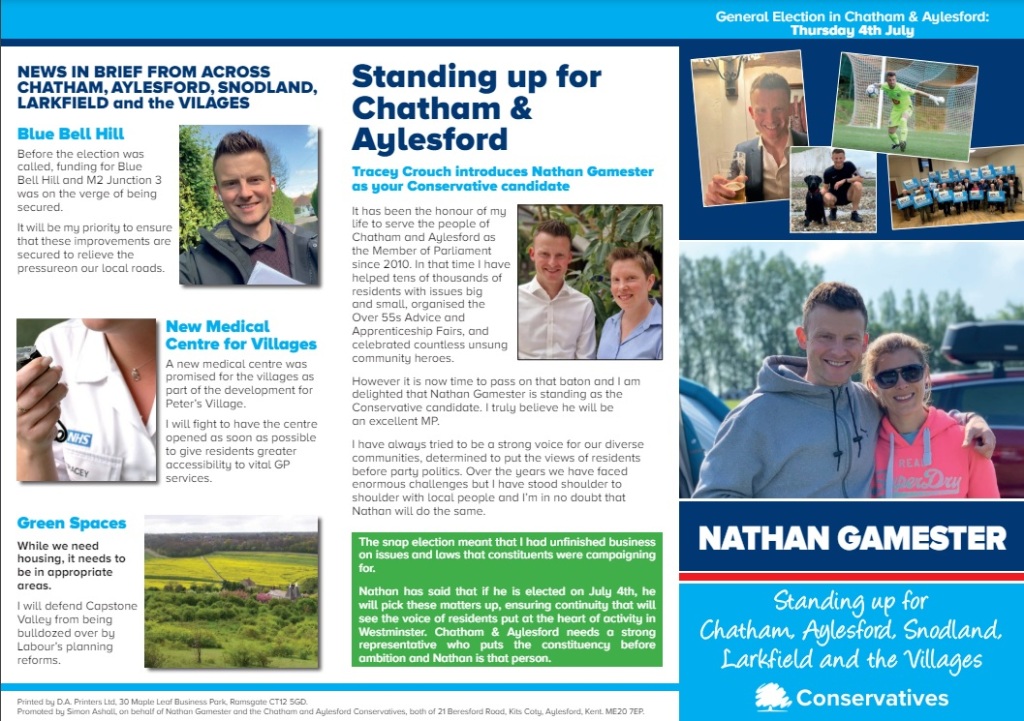
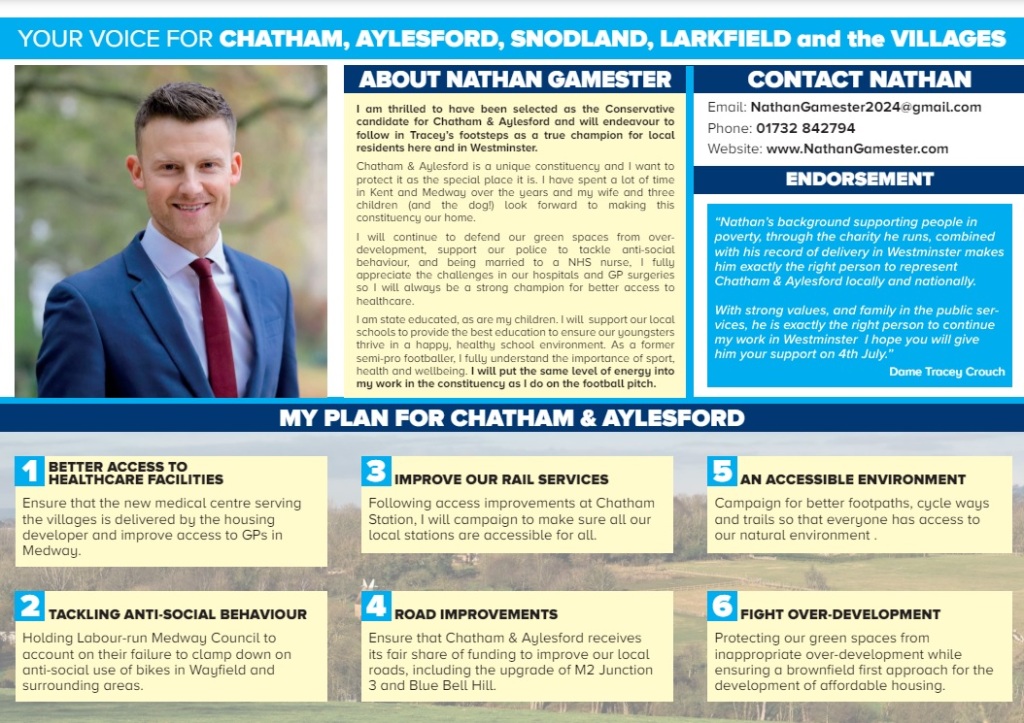

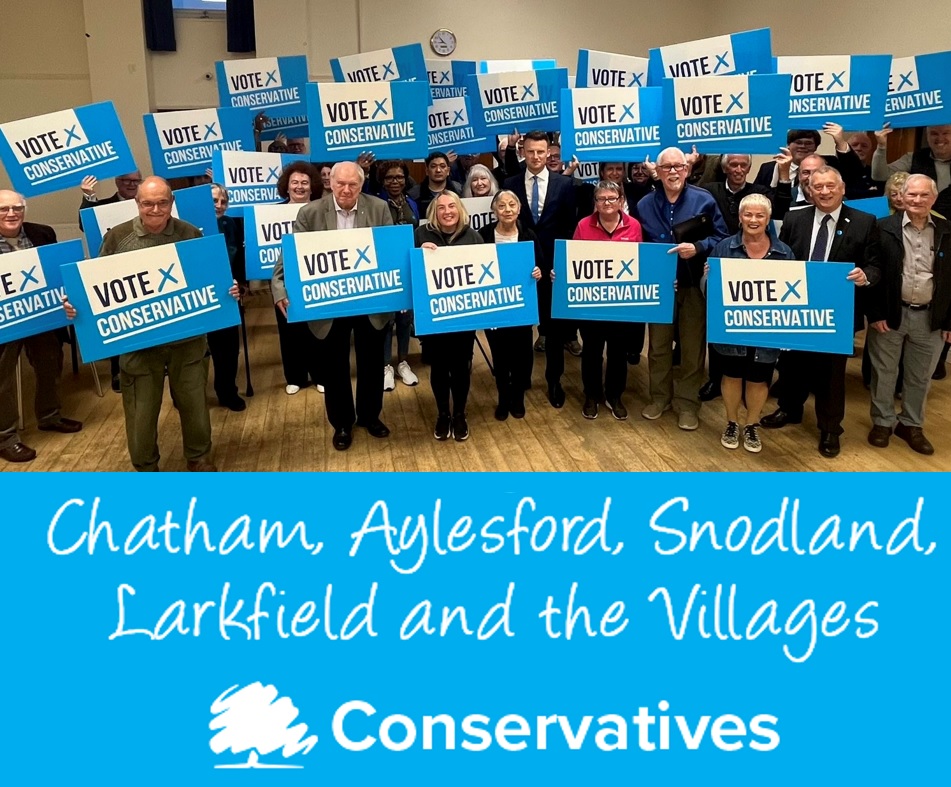
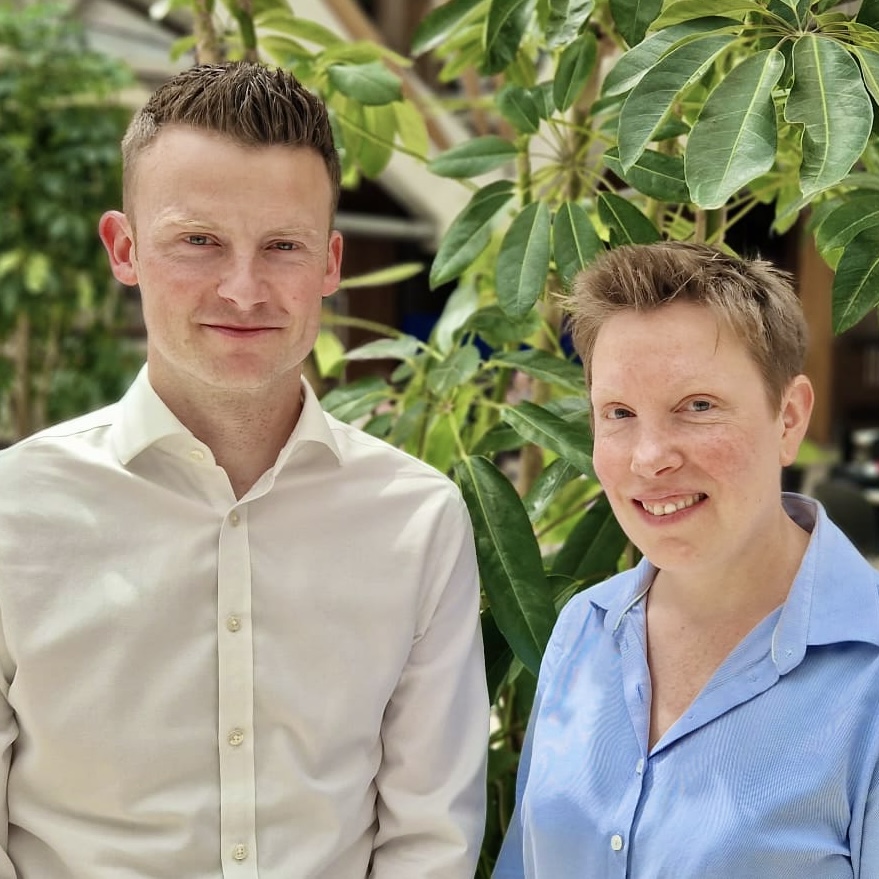
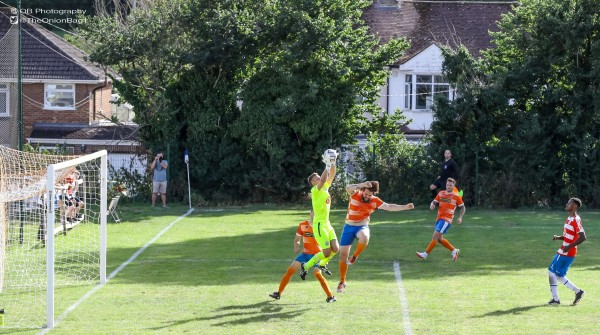
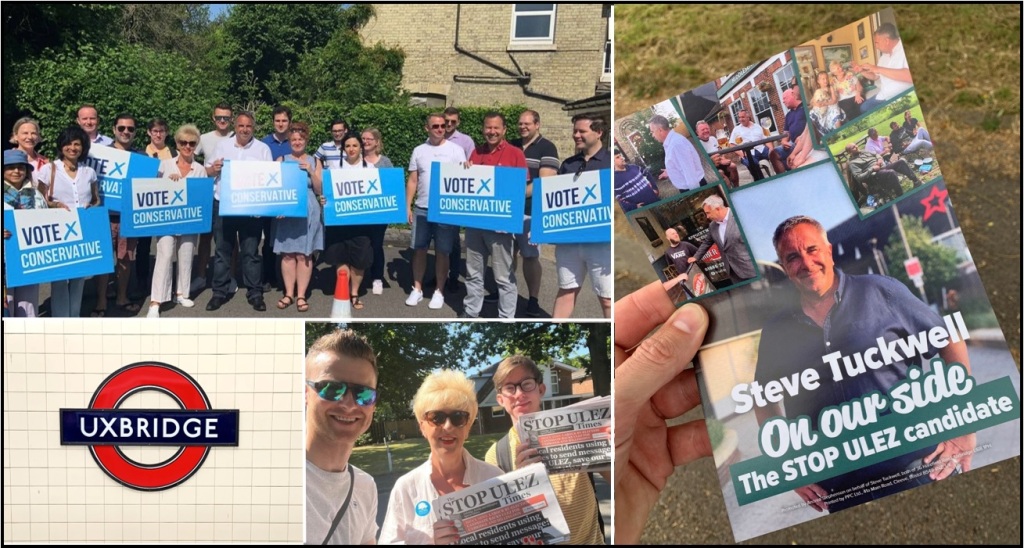

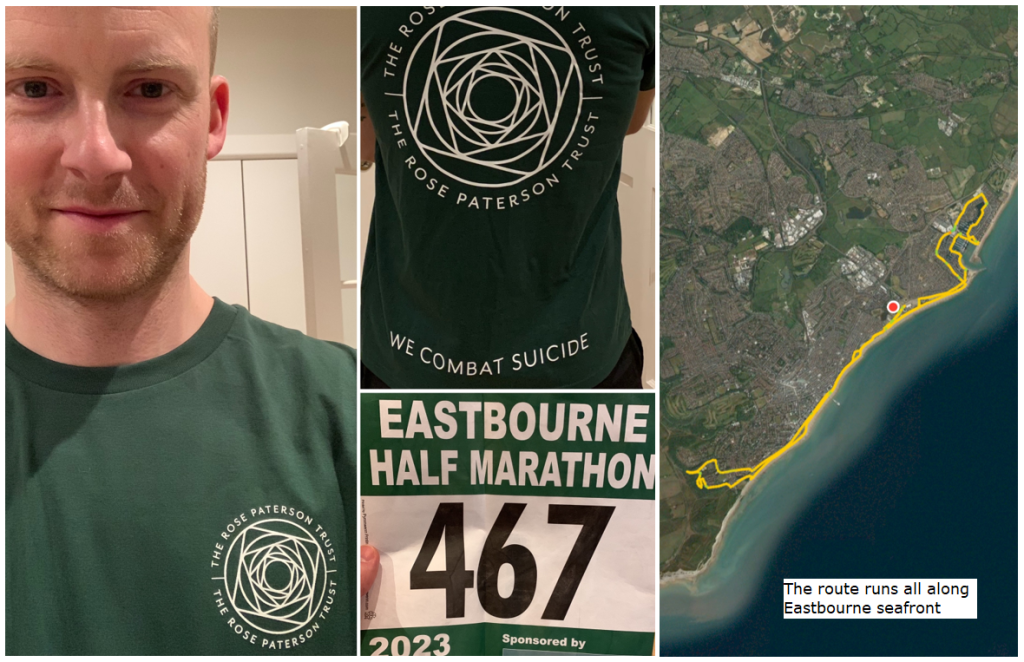
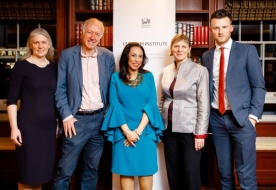 In February this year I hosted the 2020 Courage in Journalism Award.
In February this year I hosted the 2020 Courage in Journalism Award.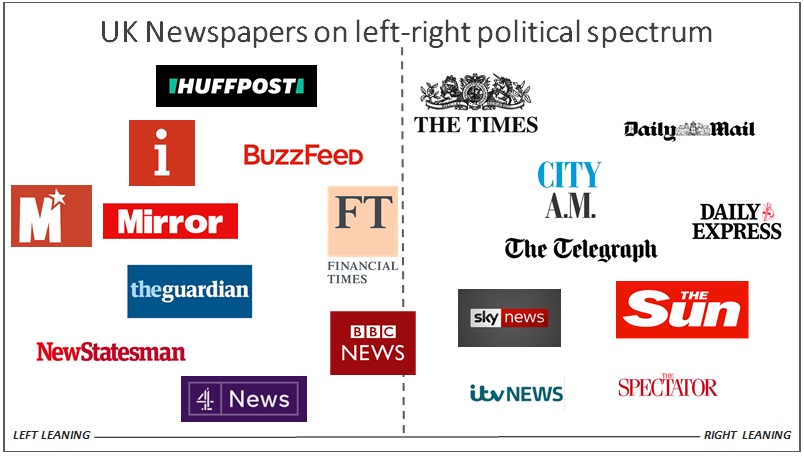
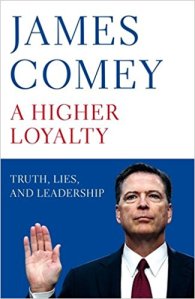 I loved this book. If you followed the hype around the release of A Higher Loyalty you will probably think it is a revenge memoir aimed at Donald Trump. It’s not.
I loved this book. If you followed the hype around the release of A Higher Loyalty you will probably think it is a revenge memoir aimed at Donald Trump. It’s not.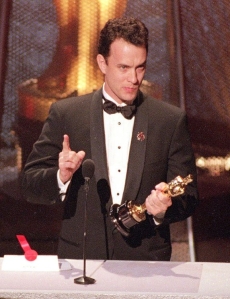 As the 2018 Oscars approaches, I wanted to make a nomination of my own: best Oscar’s acceptance speech. Step forward Mr Tom Hanks.
As the 2018 Oscars approaches, I wanted to make a nomination of my own: best Oscar’s acceptance speech. Step forward Mr Tom Hanks.